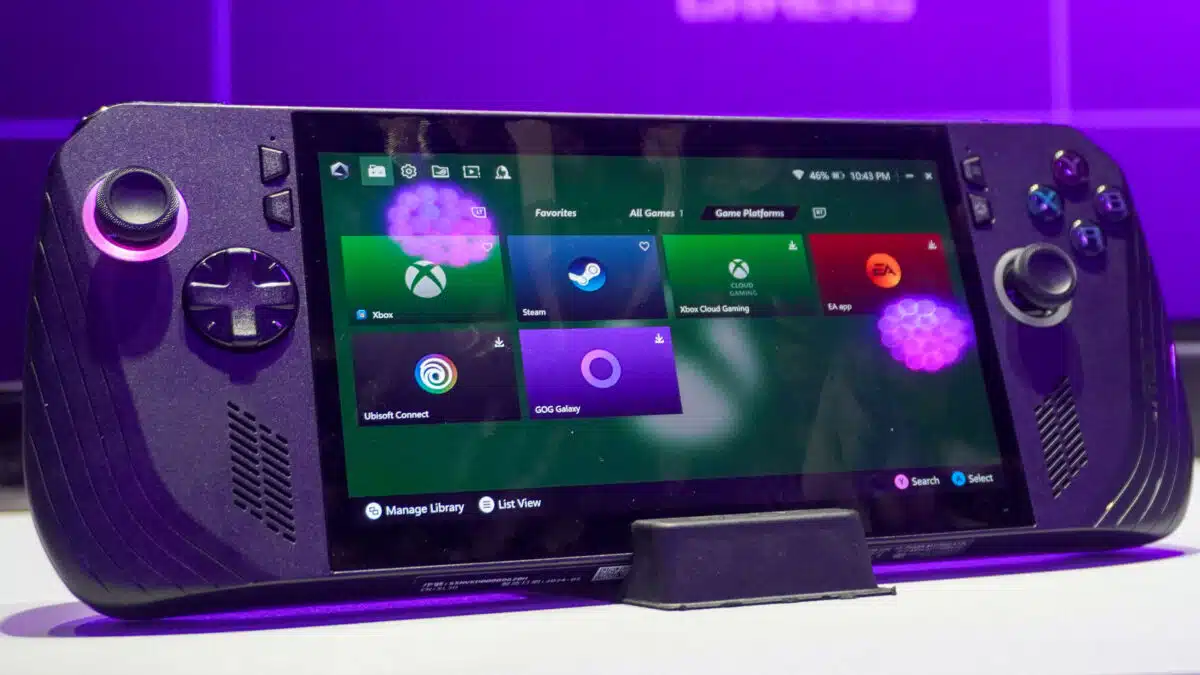Unlike the typical publicized releases, Microsoft has chosen a more cautious approach due to the rising concerns associated with AI developments. VALL-E 2 represents a significant breakthrough in text-to-speech capabilities as it can imitate human speech patterns with high fidelity using only a short sample of audio.
The Microsoft research team proudly claims that VALL-E 2 has achieved “human parity” in speech characteristics such as robustness, naturalness, and speaker similarity. This means that the AI-generated speech is almost indistinguishable from a real person’s voice.
What sets VALL-E 2 apart in terms of authenticity?
The system incorporates two key features to enhance its realism. The “Repetition Aware Sampling” feature helps the AI avoid the robotic repetition often observed in text-to-speech systems by intelligently handling repeated words or syllables, resulting in a more natural flow of speech. Additionally, the “Grouped Code Modeling” functionality improves efficiency by processing shorter sound sequences, thereby accelerating speech generation and managing lengthy and intricate audio inputs.
Concerns about potential misuse overshadow the system’s benefits.
Despite the vast range of applications in fields like education, entertainment, and accessibility, Microsoft has decided to limit access to VALL-E 2 due to apprehensions regarding potential misuse, particularly in voice identification spoofing and convincing impersonations.
The research team states that VALL-E 2 is strictly a research project, with no immediate plans for commercialization or widespread public access—reiterating similar precautions taken by other AI companies like OpenAI concerning their voice technologies.
Despite the reservations, Microsoft maintains a positive outlook on the future of AI-driven speech technology. The researchers envision ethical and secure implementations where synthesized speech honors speaker identity with explicit consent and robust detection mechanisms in place.
The groundbreaking features of VALL-E 2 have been outlined in a pre-print paper, offering a preview of the exciting prospects of AI technology while underscoring the importance of responsible development and deployment practices.
Jaspreet Bindra, Founder of Tech Whisperer, remarked, “Microsoft considers this a research project and refrains from launching it commercially primarily because of the potential misuse in voice spoofing scenarios. The system’s high effectiveness poses risks in spoofing any actor’s or individual’s voice, leading to various legal and ethical concerns. Particularly with the impending U.S. elections, companies are exercising caution in releasing AI products capable of generating authentic voice or video content.”






